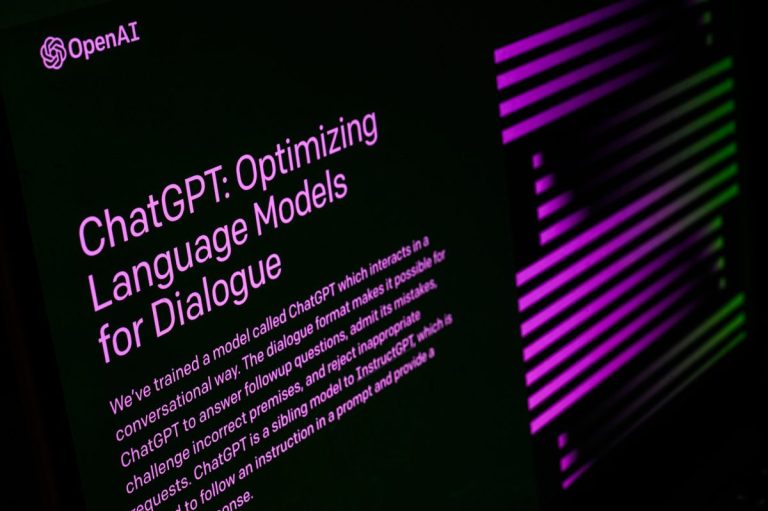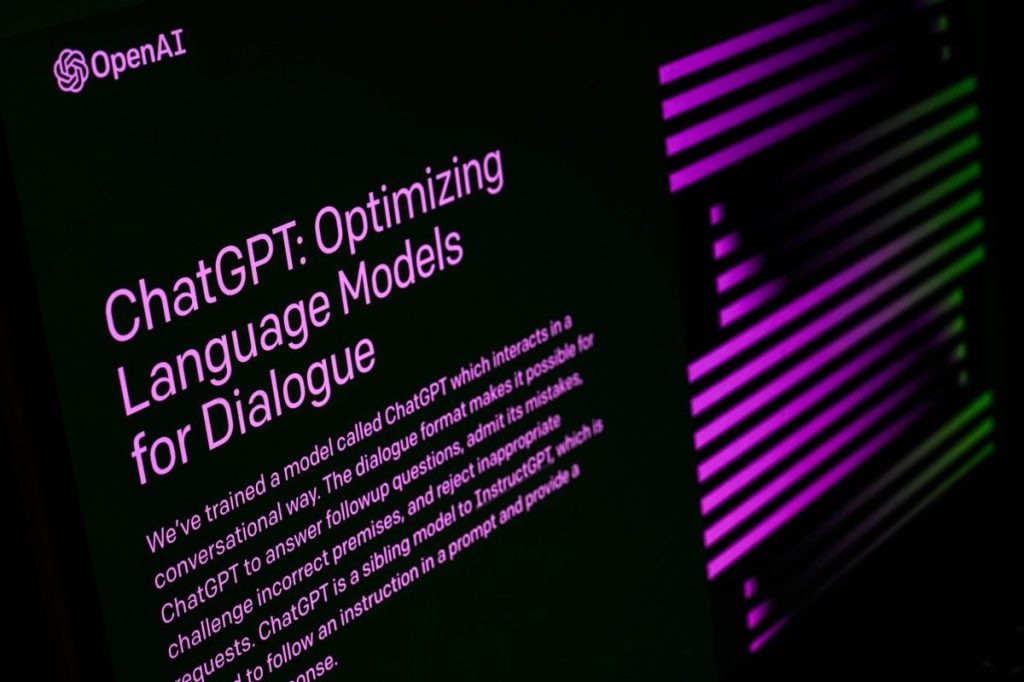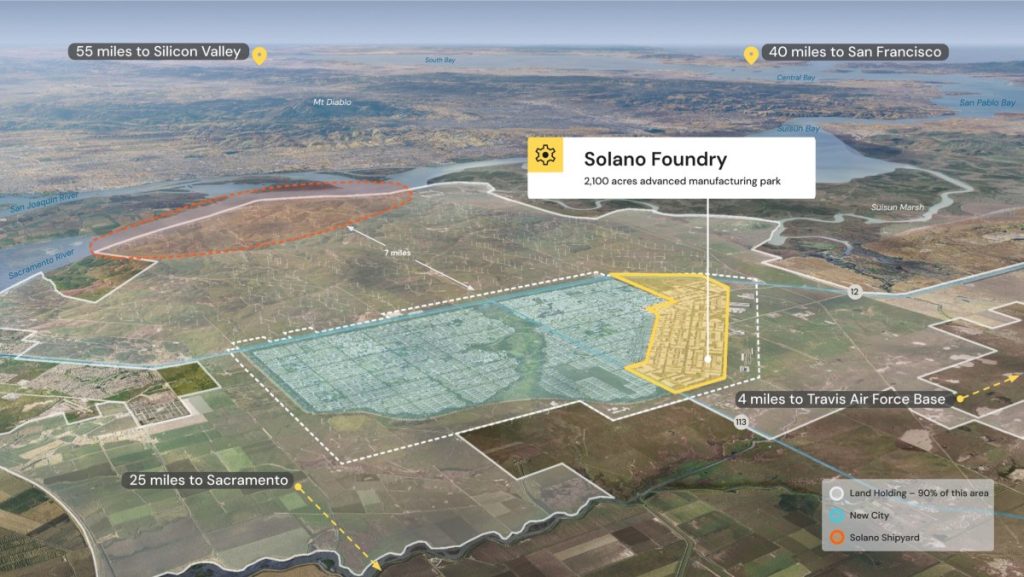OpenAI has unveiled a comprehensive suite of tools aimed at empowering businesses to develop sophisticated AI agents capable of automating complex workflows. Central to this initiative is the newly introduced “Responses API,” a platform that enables enterprises to create custom AI agents leveraging OpenAI’s latest language models, including GPT-4o Search and GPT-4o Mini Search. These models demonstrate improved factual accuracy, scoring 90% and 88% respectively on OpenAI’s SimpleQA benchmark, outperforming even the larger GPT-4.5 model.
The Responses API builds on the foundation of OpenAI’s earlier Assistants API while expanding capabilities to include web browsing, enterprise file analysis, and process automation. Developers can now integrate functionalities similar to OpenAI’s existing products, such as Operator (which navigates websites autonomously) and Deep Research (which synthesizes detailed reports). A notable addition is the Computer-Using Agent (CUA) model, designed to simulate mouse and keyboard inputs for tasks like data entry and app navigation. While CUA is available in a research preview with an option for local deployment, OpenAI cautions that it remains prone to errors and requires further refinement.
Despite the advancements, challenges persist in realizing fully reliable autonomous agents. Issues like AI hallucinations, inconsistent citations, and struggles with succinct queries highlight gaps in current capabilities. OpenAI acknowledges these limitations, noting that GPT-4o Search still exhibits a 10% error rate on factual questions. To foster iterative improvement, the company is releasing an open-source Agents SDK, providing tools for monitoring, debugging, and integrating agent systems. This toolkit builds on last year’s Swarm framework for multi-agent coordination, emphasizing transparency and developer control.
OpenAI’s leadership, including CEO Sam Altman, has framed 2025 as a pivotal year for AI agents entering mainstream enterprise workflows. While competitors like China’s Butterfly Effect have faced skepticism over unmet promises, OpenAI aims to shift from speculative demos to tangible, scalable solutions. The company emphasizes that while current tools are early-stage, their evolving architecture could redefine how businesses automate tasks—provided they navigate the balance between innovation and reliability.















